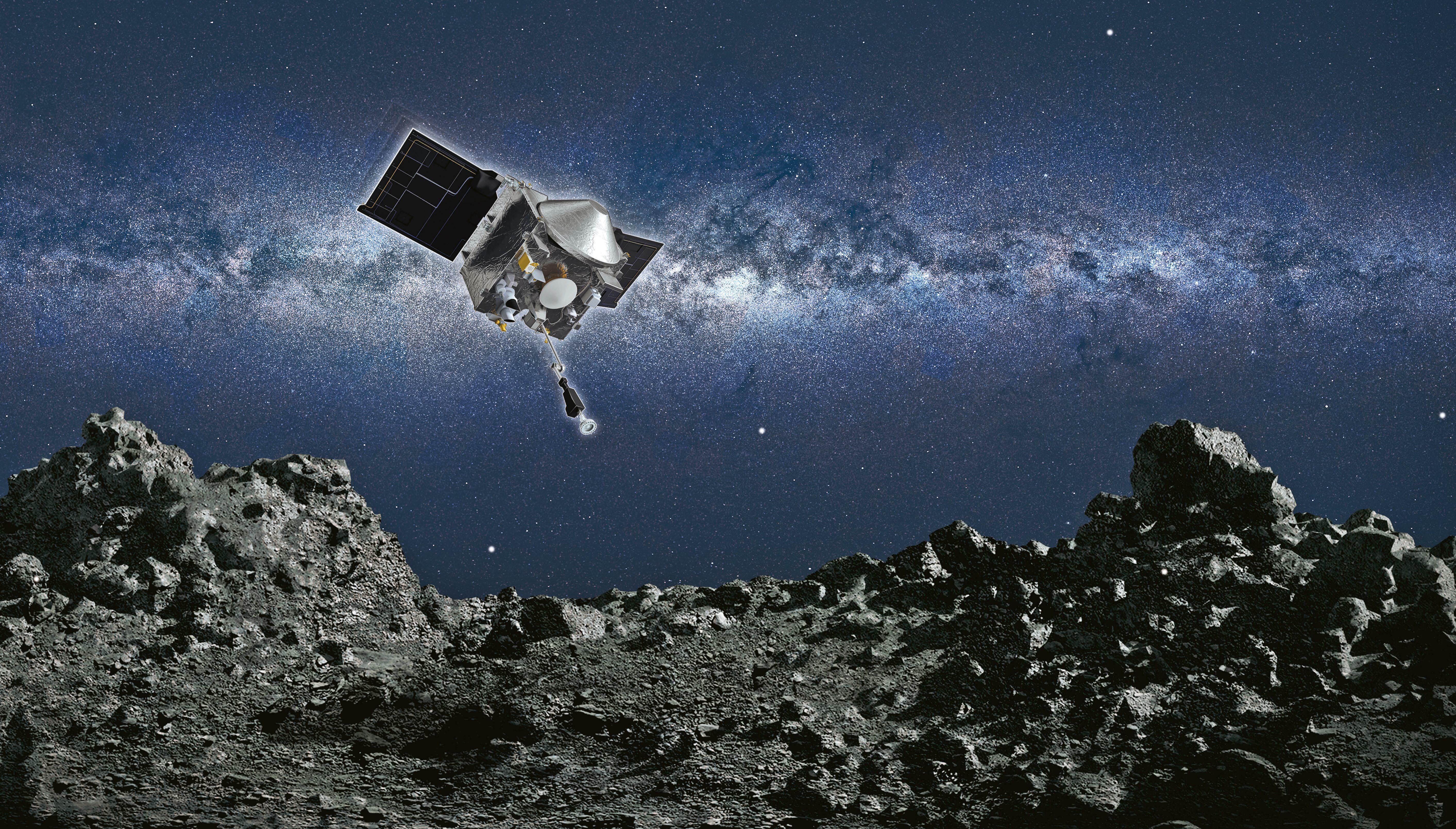
From a historic Moon landing to samples from a distant space rock being returned to Earth, the past few months have seen a series of remarkable milestones in space exploration.
On 23 August, India became the first country to land a spacecraft near the Moon’s south pole. The Chandrayaan-3 mission consisted of a lunar lander, named Vikram, and a rover called Pragyan. Shortly after Vikram landed on the Moon – making India only the fourth nation to achieve such a feat – Pragyan rolled out on to the surface to start its task. The rover will study the south pole, searching for signs of water that could one day support a human base on the Moon. Just over a week later, on 2 September, India launched its first mission to the Sun. Aditya-L1 will orbit the Sun, carrying out studies.
This story is from the Issue 66 edition of The Week Junior Science+Nature UK.
Start your 7-day Magzter GOLD free trial to access thousands of curated premium stories, and 8,500+ magazines and newspapers.
Already a subscriber ? Sign In
This story is from the Issue 66 edition of The Week Junior Science+Nature UK.
Start your 7-day Magzter GOLD free trial to access thousands of curated premium stories, and 8,500+ magazines and newspapers.
Already a subscriber? Sign In

SUGAR RUSH
Join the candy craze as Claire Karwowski studies the sugary science of sweets.
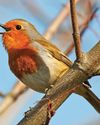
Wildlife watch
Stevie Derrick shows you what to spot in nature this month
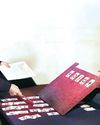
The Sixth Sense
Could humans have more than five senses?

Catherine Heymans
Meet the starry-eyed astronomer who loves backyard stargazing.
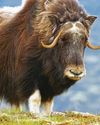
WORLD OF WHIFFS
Stevie Derrick follows her nose to track down the world's grossest stinks and nastiest niffs.

Dogs can understand names of objects
Humans enjoy talking to their dogs. If you have a four-legged friend of your own, you might have taught them to respond to commands like \"sit\" and \"stay\".
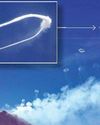
Smoke rings in the sky
In April, videos were filmed of Mount Etna, a volcano on the Italian island of Sicily, puffing what looked like smoke rings into the sky.

Huge gold nugget found
A gold nugget that could be the largest ever found in England was recently put up for auction. Metal detectorist Richard Brock discovered the nugget on farmland during an organised expedition in Shropshire last year.

Evolutionary tree shows birds in a new light
Researchers have produced the most detailed evolutionary tree of birds ever.

The largest plane to ever fly
Take a first look at the mighty Radia WindRunner aircraft